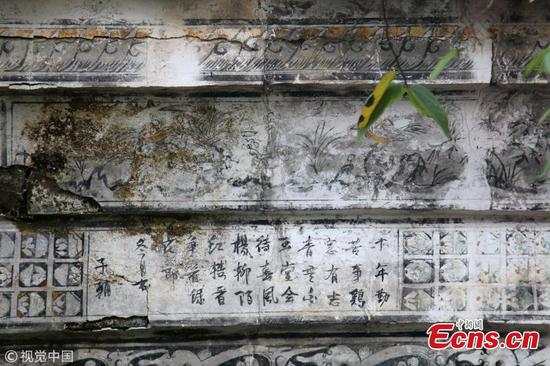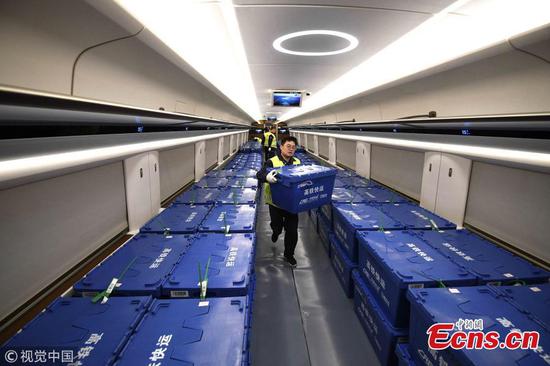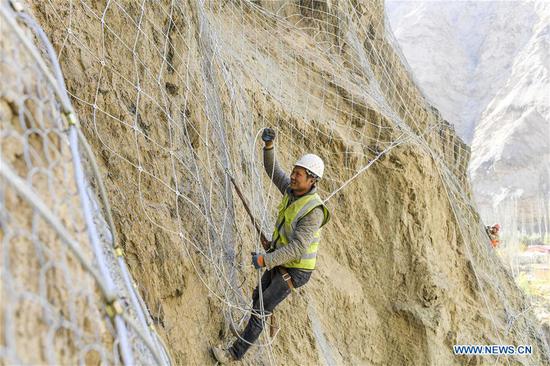
Legal changes
Last month, the Standing Committee of the National People's Congress, the national legislature, reviewed and officially accepted the International Criminal Judicial Assistance Act, which includes articles related to the transfer of fugitives from overseas.
"This law clarifies the conditions and procedures for transferring criminals between China and other countries," said Yang Weidong, a professor of law at the Chinese Academy of Governance.
He added that the new law provides "a legal basis for judicial authorities to enhance cooperation in fighting cross-border, organized crime, including apprehending fugitives and confiscating their illegal assets."
Wan Juan, an official at the CCDI's International Cooperation Bureau said that under the new law if people accused of corruption are on the run overseas the courts will be allowed to issue rulings in their absence.
Before, courts were unable to issue rulings on absent offenders, which meant judicial officers were unable to offer their foreign counterparts judgments required as evidence to detain and repatriate the fugitives, she said.
Thanks to the new law, which took effect on Oct. 26, Chinese officials for the first time have the right to request assistance from foreign counterparts in seizing, freezing, confiscating and returning illegally obtained assets.
The law, which clearly defines the tasks and responsibilities of the relevant authorities, is considered "a powerful weapon to legally solve the difficulties that hamper judicial cooperation between China and other countries to enhance the hunting down of fugitives and cutting off the source of their dirty money", said Jiang Laiyong, a senior researcher at the Chinese Academy of Social Sciences.


















































